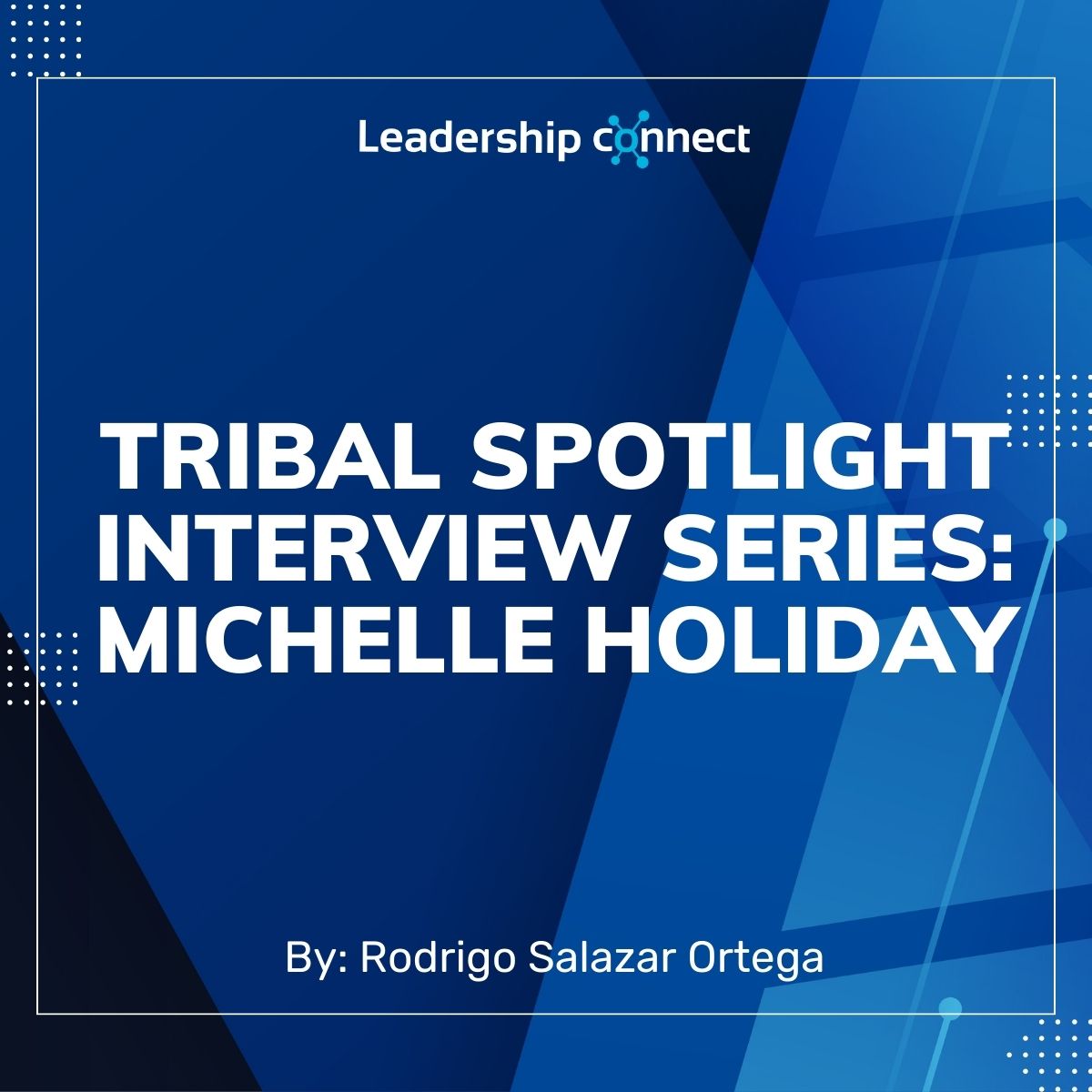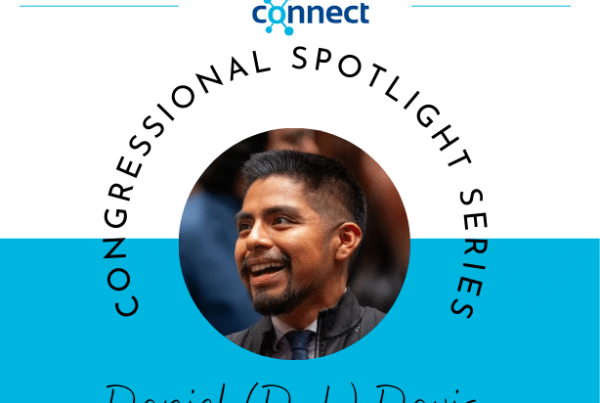Last week I interviewed Michelle Holiday, President of Michelle Holiday & Associates, and CEO/President of Aquila Cubed Consulting.
Can you tell me about your career path that has led you to where you are now?
I grew up in Southern California, in college I began my early career working for an investor-owned utility, Southern California Edison. I was very active in the urban LA Indian community I started out in my 20s with community advocacy in the early 90s. In my junior year of college, I interviewed for the utility’s recent college graduate program and then after the program I interviewed for a position at the department of local governmental affairs, where I did a lot of permitting and ordinance work supporting the Public Affairs Managers working with cities and counties in the LA County. This was the perfect position for me with my degree in political science and public administration. I was a Mayoral appointee, with the City of Los Angeles with the Los Angeles City County Native American Indian Commission, allowing me to work with the Native Affairs activities surrounding sacred sites and community and diversity activities involving Tribes. As my career continued my work expanded in the utility working with the Tribes in the service territory. I had the opportunity to leave California and work for my tribe, the Iowa Tribe of Oklahoma in Perkins, Oklahoma focusing on economic and business development, and governmental affairs, and then I would organize meetings on the Hill and federal agencies on their issues in Washington, DC. Their issues ranged from natural resources, healthcare, energy, and housing. I went back to California when the energy crisis happened but as time went on, I was still doing governmental affairs work in DC, so I ended up becoming one of the federal lobbyists for Edison International for almost 16 years. With all the expertise I gained in that time, I took an early severance package to start my own consultancy.
How did you become passionate about the intersection of tech, government, and tribal communities, and how do you stay informed and engaged in those areas?
I am a member of the Iowa Tribe of Oklahoma and some people have been bestowed a traditional/Indian name by their tribe either when born or as an acknowledgement. I got my Indian name in my twenties, and it means good heart lady. When you get an Indian name, it’s supposed to epitomize who you are and how you are in your life, and you’re supposed to live that life. Part of my journey is helping people, while being involved in tribal and government affairs. I look at it as outcomes that are helping either tribal communities or helping my clients, and I’m doing it in in an appropriate way and not being overly aggressive. It’s your heart leading you, your passion, and your work.
What do you believe sets Tribal Government Relations apart as a unique work environment, and how do you navigate its challenges in your everyday work?
You need to understand the intent of policies and funding, and then if you’re a consultant or someone who’s looking into that, start to engage. Think about what you can contribute by understanding how tribal nations operate.
Describe a challenging or rewarding project that significantly influenced your growth as a professional. How did you handle the challenge, and what did you learn from the experience?
Michelle Holiday & Associates works a lot on tribal consultation and renewable projects. It’s all continuous learning and understanding the ramifications that happen with tribes while seeing if there are ways of mutually beneficial opportunities. With my consultancy I have been working on sacred sites and issues around the lands and what these lands mean to tribes, ensuring that either party I represent or work with gets the maximum benefit possible. Maybe it’s education or scholarships, or tribal economic development. Everything goes back to relationships. I’ve continued to do that and learn, and then often that is how I get referrals. With my consulting the goal is continuing to be the good heart lady; to share and to learn.
What advice would you give to someone navigating how to bridge the gap between traditional practices and modern governance structures?
Oftentimes, you have federal officials, attorneys, and governmental affair practitioners that may not even understand or know about tribal government, and maybe there’s something there that you can contribute to. And that’s why it’s crucial to do the tribal consultation process when trying to get feedback from tribal governments, leaders, and individuals that can help shape programs and/or regulations. You must understand who is responsible for that, making it a part of your strategy, laying out who are those individuals you need to meet. Ultimately, federal officials want to hear from tribal leaders, they want to hear from tribal influencers. You want to make sure that you hear from the people who are going to be benefiting or will be utilizing a program and what works and what doesn’t.
Word Association, what is the first word that comes to mind for each of there?
- Policy – Shaping
- Networking – Essential
- Communications – Style
- Leadership Connect – Expediency of Information









